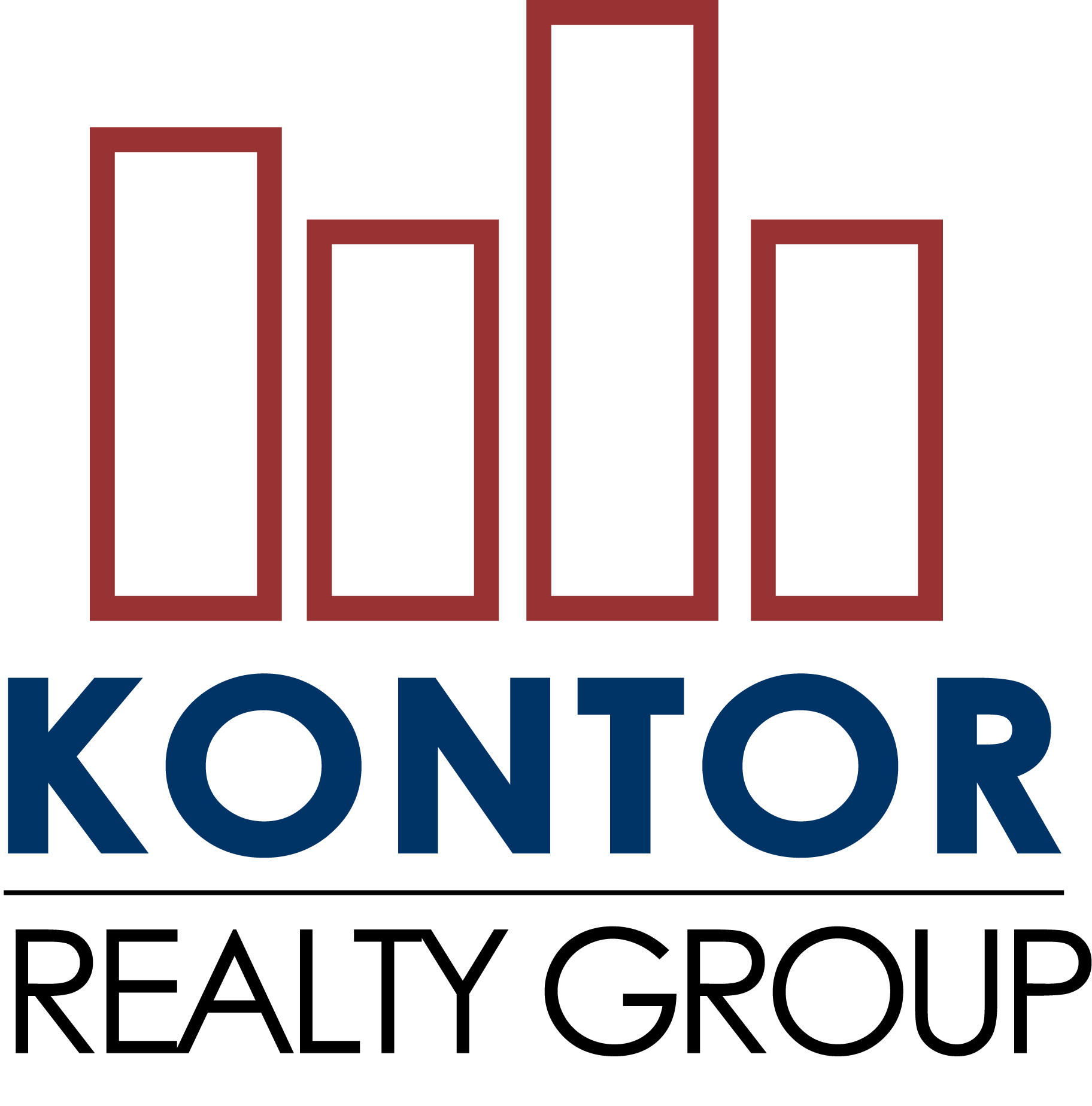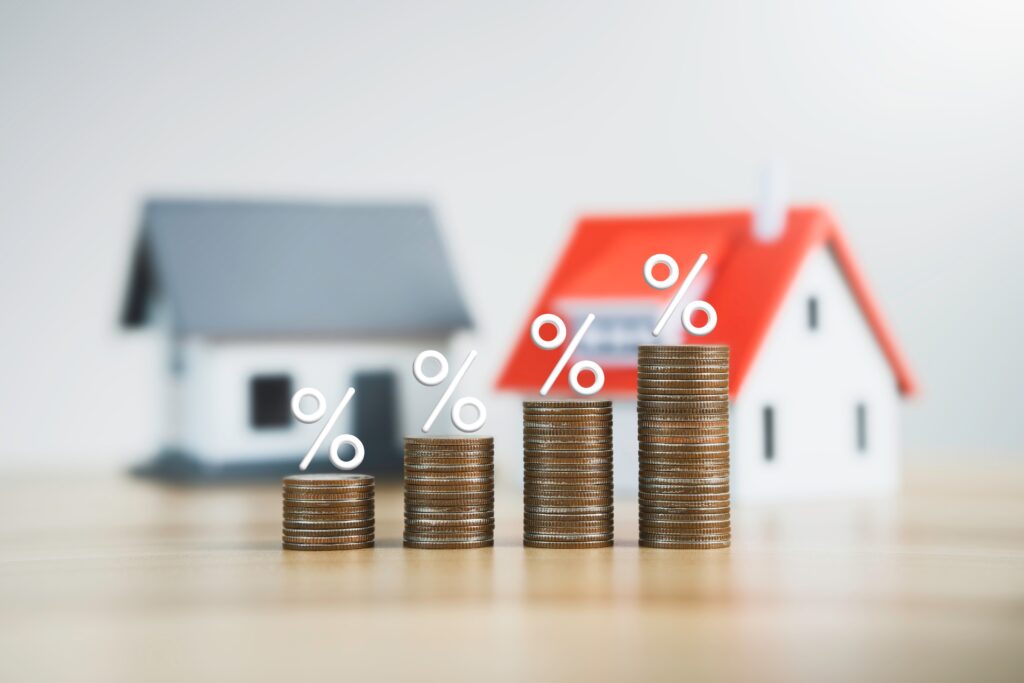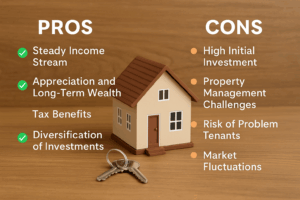Mortgage interest rates play a central role in shaping your financial future when buying a home. Every decision about rates impacts not only the initial home purchase but also your monthly payments, long-term budget, and overall affordability. Understanding how these rates work and how they directly affect your budget equips you to make smarter choices and maximize your financial stability. Whether you’re a first-time homebuyer or looking to refinance, this guide will help you unlock the key factors tied to mortgage interest rates and their implications for your wallet.
What Are Mortgage Interest Rates?
At its core, a mortgage interest rate is the cost of borrowing money from a lender to purchase a home. Expressed as a percentage, this rate is applied to your loan balance and factored into your monthly mortgage payment. Two types of rates dominate the market—fixed-rate and adjustable-rate mortgages (ARMs). Fixed-rate loans keep your interest costs stable over the life of the loan, while ARMs typically start lower but adjust periodically based on market conditions.
The rate you secure can feel like a make-or-break moment in your homeownership process. A small difference in percentage points may dramatically influence your total cost. This isn’t limited to the loan principal—it also determines the interest you pay over time. The higher the interest rate, the more expensive borrowing becomes.
The Direct Impact on Monthly Payments
Your mortgage interest rate has an immediate and noticeable effect on your monthly payments. Think of it this way—the lower the rate, the less interest you’ll pay, resulting in smaller monthly payments. Consider the following simplified example for a $300,000 mortgage loan:
- With a 3% interest rate, your monthly payment (principal and interest) might be around $1,265.
- At a 5% interest rate, that payment increases to $1,610.
This difference of $345 per month can truly add up over the years and may affect everything from your ability to save for future goals to maintaining an emergency fund. A lower payment also provides more flexibility in your budget, making it easier to cover other living expenses or save for significant milestones like college education or retirement.
Long-Term Budget Implications
While monthly affordability often takes precedence, the long-term implications of your mortgage interest rate deserve equal attention. Over the lifetime of a 30-year mortgage, even a 1% difference in your rate can mean tens of thousands of dollars in additional interest paid to the lender.
Continuing the earlier example, let’s look at the total interest costs for a $300,000 loan over 30 years:
- At 3%, you’ll pay approximately $155,682 in interest.
- At 5%, this amount balloons to $279,767.
That’s over $124,000 more in interest simply due to a higher rate! These additional costs can shrink your resources for other investments and reduce your overall peace of mind as unexpected expenses arise.
Factors That Influence Your Mortgage Interest Rate
Knowing what determines your interest rate helps you take control of the situation. Lenders assess numerous factors when setting your rate, but here are the most critical:
- Credit Score: A higher credit score reflects better financial responsibility, often leading to more favorable rates. Borrowers with scores above 740 are more likely to secure the best rates, while lower scores could result in higher borrowing costs.
- Down Payment: Providing a larger down payment reduces the lender’s risk, which can work in your favor by resulting in a lower interest rate.
- Loan Amount and Term: Smaller loans and shorter terms (e.g., 15 years) usually qualify for reduced rates compared to higher loan amounts or longer terms.
- Market Conditions: Broader economic factors, such as federal interest rate policies, inflation, and housing market demand, also influence prevailing rates.
- Loan Type: Conventional, FHA, VA, or jumbo loans each come with unique characteristics affecting their associated interest rates.
Before locking in your mortgage, focus on improving the controllable factors like your credit score and down payment. Taking proactive steps can mean substantial financial savings over time.
Strategies to Secure Better Rates
If keeping your mortgage rate low is a top priority, consider implementing these strategies:
- Boost Your Credit Score
Paying off debts, avoiding new lines of credit, and making on-time payments all contribute to healthier credit standing. Start taking measures six months to a year before applying for your mortgage to achieve the best possible score.
- Save for a Larger Down Payment
Setting aside more than the minimum down payment demonstrates seriousness to lenders and reduces your principal loan balance. This combination typically improves your offer.
- Shop Around for Lenders
Different lenders may offer varying rates and terms. Obtain quotes from multiple sources and negotiate to secure the most competitive option.
- Consider a Shorter Loan Term
If monthly budgets allow, opt for a 15-year loan. Although payments may be slightly higher, the reduced interest rate results in significant long-term savings.
- Lock in Rates Strategically
When you find an appealing interest rate during your loan process, consider locking it in to avoid market fluctuations. This ensures financial stability as you finalize your home transaction.
Refinancing as a Solution
If you already own a home with a higher interest rate, there’s no need to feel stuck. Refinancing can help reduce your rate and monthly payments, freeing up cash for other priorities. By monitoring market trends, you can take advantage of lower rates when they become available. However, always weigh the refinancing costs against the potential savings to ensure that moving forward is worthwhile.
Why Mortgage Rates Matter For Every Borrower
Regardless of the size of the loan or your financial background, mortgage interest rates affect nearly everything connected to homeownership. They determine how much house you can afford, shape the structure of your budget, and signal when it’s time to refinance. A lower interest rate creates opportunities, allowing you to make the most of your hard-earned income and build generational wealth.
Be proactive in researching, preparing, and negotiating your mortgage rate. Taking charge of this single variable can unlock countless benefits, giving you the confidence to step into homeownership with financial clarity and long-term peace of mind. By understanding and acting with intention, you’ll turn the challenge of mortgage interest rates into an opportunity.




